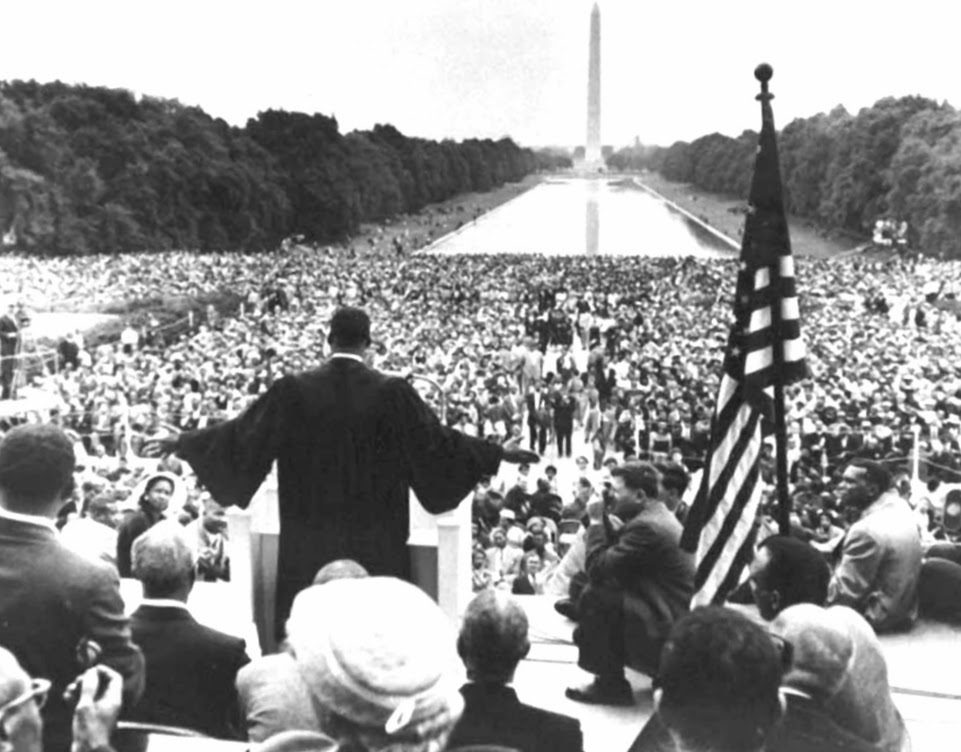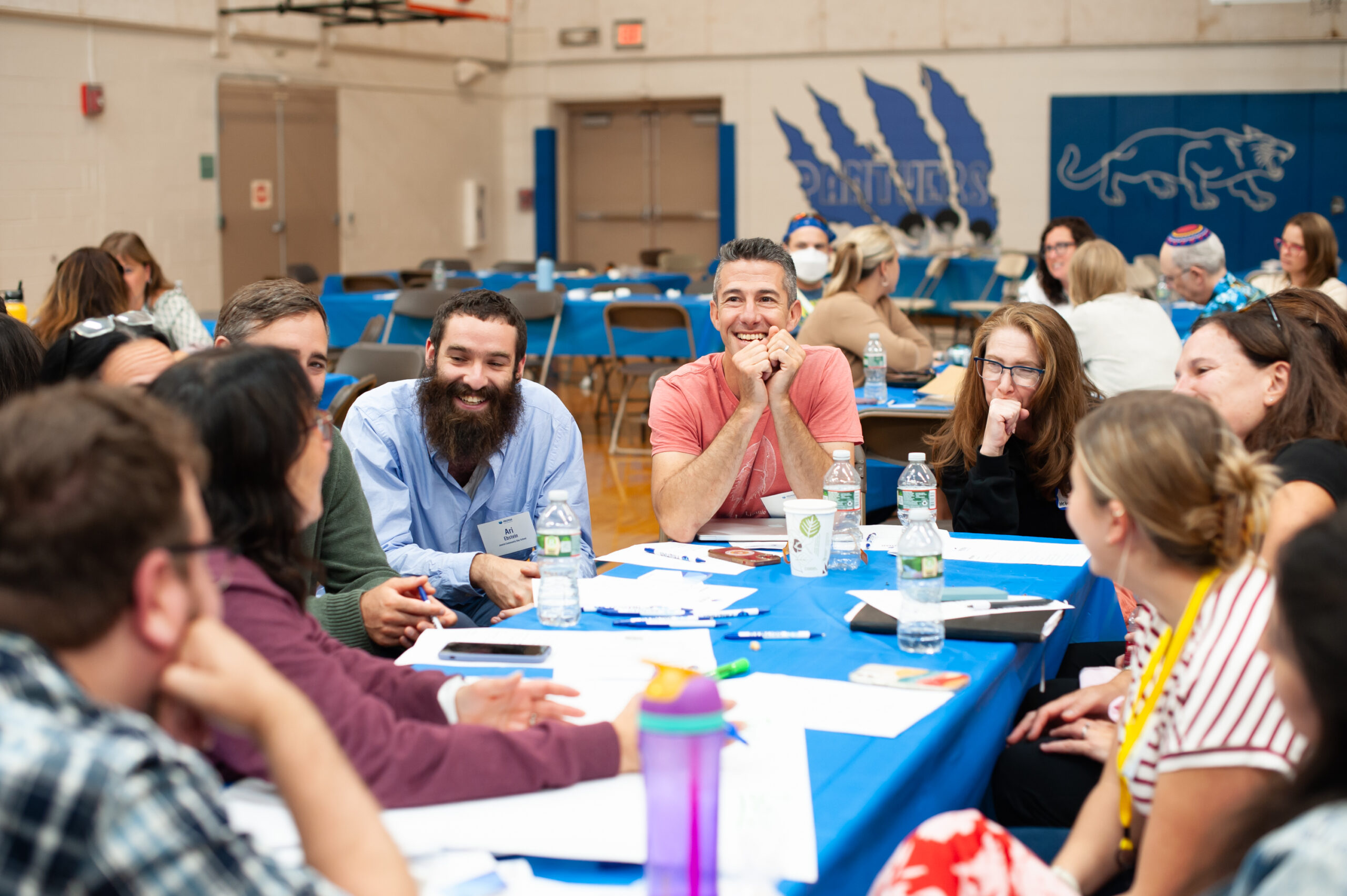By Melissa Garlick, Senior Director of Combating Antisemitism and Building Civic Engagement at Combined Jewish Philanthropies
Like many of you, I am gutted, devastated, and heartbroken—for my Israeli friends and family, for our Jewish community, and for the future we work toward every day: our vision for freedom and safety. To me, this is a moment of reckoning—there is heightened urgency for the work we do here to deepen allyship across communities.
In the days immediately after the terror attack by Hamas, I recalled the emotional response of when I experienced significant and traumatic loss before—that feeling of loneliness, not understanding why everyone around me was continuing with daily life and I was standing still, and feeling confused and pained by friends and acquaintances who didn’t reach out to see how I was doing. When this has happened to me before, for weeks and months after, I closed my circle, in some cases held grudges, and pushed others away. In those moments, it felt like that was what I needed to protect myself and my own grief. But the feeling of loneliness and anxiety compounded and kept growing.
After the horrific attacks by Hamas, we face lives taken too soon and families ripped apart, the massacre of Jews, the panic over our existence as a people, and the future we are leaving for our children. This time, I have been so heartened by the many statements of solidarity for Israel and the Jewish community by elected leaders and community leaders. What’s been especially meaningful for me has been the small gestures of love and support, like my neighbor checking to see if I could use some help, knowing my personal and professional proximity to the impacts of the terrorist attacks.
At the same time, it has been incredibly distressing that many of the people I’ve worked with in progressive spaces have either justified terrorism and antisemitism or failed to call it what it is: the deadliest attack on Jews since the Holocaust.
As Amy Spitalnick, CEO of the Jewish Council for Public Affairs (JCPA), said immediately after the attacks: “The epigenetic trauma of seeing Jews pulled from their homes, kidnapped, and killed—it’s real. This does not take away from the real suffering of the Palestinian people, and the many other layers to the conflict and the region. But when we see people celebrating the massacre of Jews as ‘resistance,’ that is not OK—and it does nothing to advance peace and safety.”
Allyship can be defined, in this moment, as the action and commitment by individuals and organizations to listen and learn about the impact of the attacks, to commit to take action themselves and in their communities to root out antisemitism and to stand with the Jewish community, even when it’s hard for them. Allyship requires learning from a community how best to show up for them. We are so appreciative of the statements and expressions of solidarity from our state and city lawmakers, interfaith leaders, partners in the Black and Latinx communities, schools, and other civic organizations.
As this war to eliminate Hamas grinds on, we need to sustain and build meaningful allyship beyond these initial statements. Allyship requires learning from a community how best to show up for them. While many allies are proactive, we can and should reach out to them too, to invite and call them in. Solidarity is necessary and critical in the short-term during this crisis, but building allyship is long-term work that entails learning (and mistakes) and requires grace and compassion. Allyship is born from trust and accountability to one another.
The trauma of the last two weeks has affected so many of us. Even conversations with like-minded people can be difficult. But if you’re ready to start engaging with potential allies, here are some suggestions:
- Remember that it’s OK not to be OK, and please make sure you’re reaching out for the support you need.
- Distinguish between the detractors and those who are likely willing to engage with you, and don’t take the bait from those just looking to argue.
- For those who have potential to be allies, call them into conversation, invite them to learn, and raise their awareness about the communal pain and impacts.
- With those friends or colleagues who have been silent in this moment or have tried to show empathy but perhaps have missed the mark, tell them you are hurting and that you want to talk. Reach out for both the support and the opportunity for them to be in allyship with you. Help them understand what you and the Jewish community are going through.
These are difficult and exhausting conversations—but this work is needed now more than ever. We cannot fight the antisemitism that has been unleashed and rebuild by ourselves. And we must know that we are not alone in this moment of crisis.
 Share your story
Share your story 



